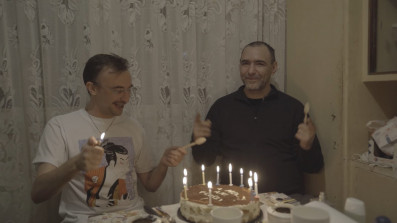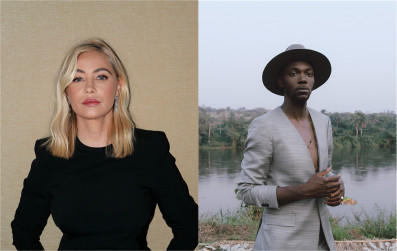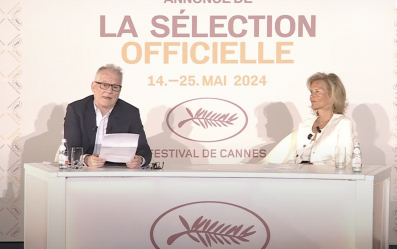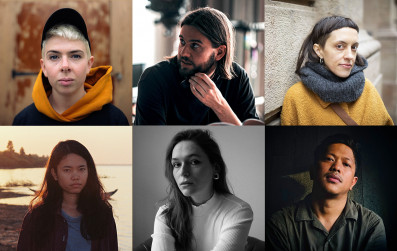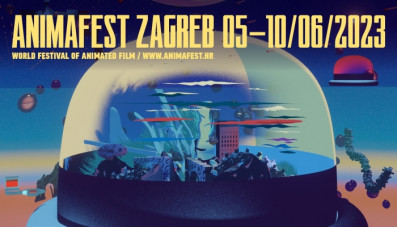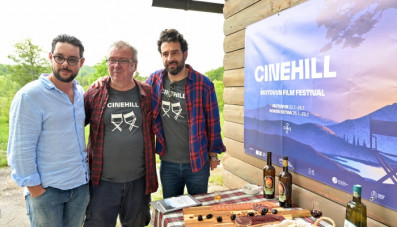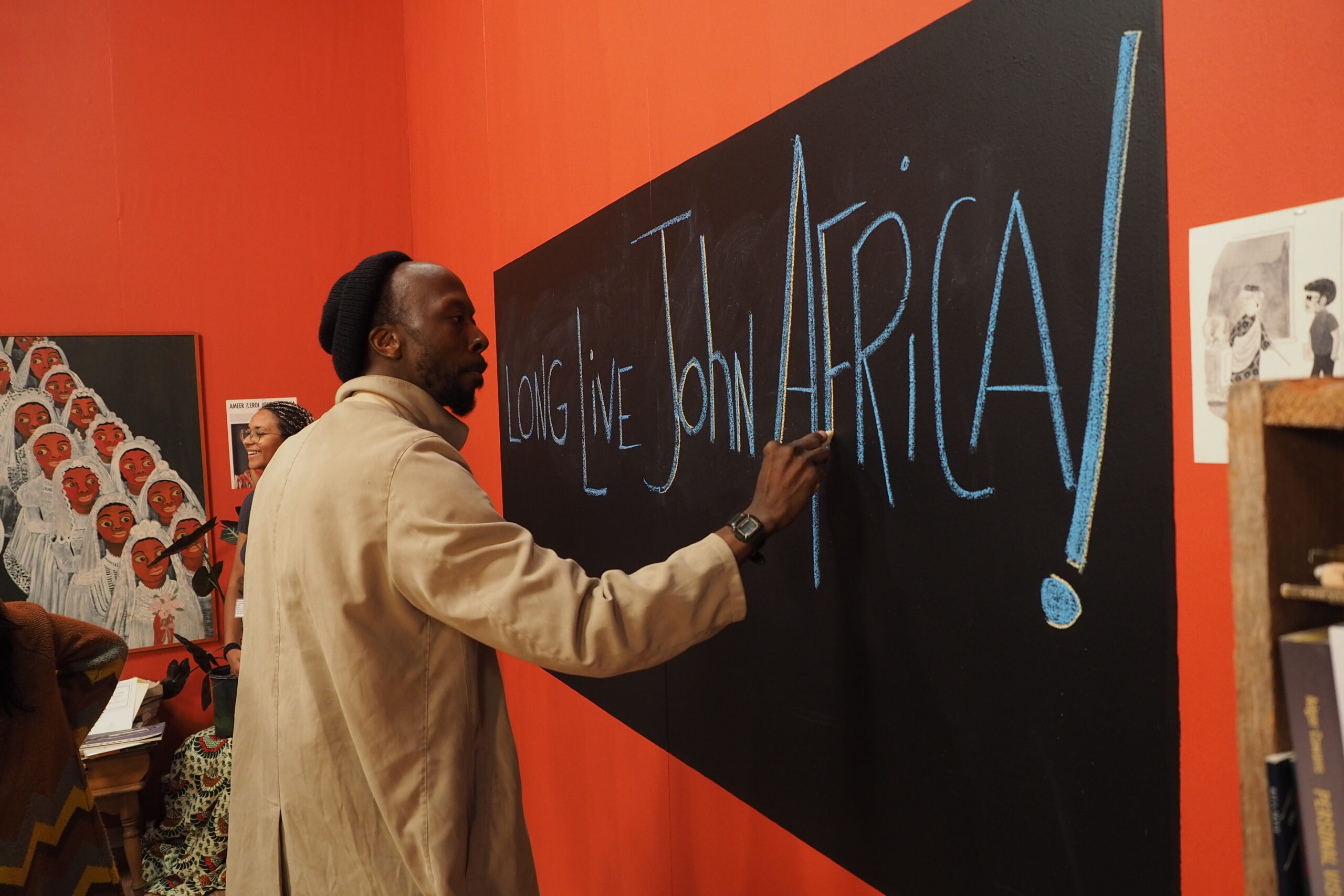
Pravo Ljudski Film Festival presents Our Past Revolutions, Our Future Struggles
From where we are to where we are seeking to be
We are pleased to present a second online festival programme of Pravo Ljudski Film Festival entitled Our Past Revolutions, Our Future Struggles that will be available in the former Yugoslavia countries from December 9th to December 13th. The programme showcases films in which revolutions are rethought, questioned and thus other possibilities are imagined. Cinematic accounts of civic movements and uprisings will talk to us through 8 films that marked some of the biggest festivals in late 2020 and early 2021, as well as less known cinematic jewels we are proud to have discovered.
The first two films of the programme are splendid creative documentary essays, inspired by Jean Luc Godard's La Chinoise. Director Vincent Meessen brings us Just a Movement a story of Omar Blondin Diop who is associated with an unpunished state crime in Senegal. On the other side, Omar has in France, gone down in history as a Marxist activist featuring in La Chinoise. Today in Dakar, his brothers and friends remember him while the local youth play their fate under the imperfect present of China-Africa. Ephraim Asili in his scripted drama The Inheritence showcases characters attempting to work towards political consensus — based partly on Asili’s own experiences in a Black liberationist group — weaves with a documentary recollection of the Philadelphia liberation group MOVE, the victim of a notorious police bombing in 1985.
Another film from the programme that follows a similar tone, approach and overall feeling is Returning to Reims (Fragments) by Jean-Gabriel Périot. Through the text of Didier Eribon interpreted by Adèle Haenel, the film tells in archives an intimate and political story of the French working class from the beginning of the 1950s to today using the imagery of more than 50 films made in France during the times.
Bicentenario by Pablo Alvarez Mesa and Fixed Barricade at Hamdalaye Crossing by Thomas Bauer reflect on the far-reaching consequences of the revolution. Director Alvarez Mesa in his film focuses on the 200th anniversary of Simon Bolivar’s liberation journey across Colombia, a legacy kept alive through a wide range of intentional and unintentional rituals of remembrance. Thomas Bauer follows the consequences of presidential elections in Conakry, Guinea in 2009 and 2010, from the perspective of 2018, when he met a group of young plaintiffs. Director and plaintiffs set up rehearsals for a hypothetical trial.
The final three films of the programme are trying to reconstruct a chronicle of past times by reconstructing its melody. Past Futures by Johannes Gierlinger is a political and poetic reflection on the nature and effects of revolutions. An exemplary starting point for this essayistic film is the March Revolution of 1848 in Vienna. What remains of a revolution? When is it considered to have failed and when and how are its achievements manifested? Let’s Say Revolution directed by Nicolas Klotz and Elisabeth Perceval, is a documentary whose common thread is manhunt across eras and continents and whose driving force is dance as an art of war and healing to ward off, and organize the resistance of bodies and souls. Finally, Chronicles of that time by Maria Iorio and Raphaël Cuomo follows a search of the melody a friend shared with the filmmakers 15 years ago when they were travelling together between North Africa and Sicily. As a seasonal worker from Tunisia, who lived on the island of Lampedusa, Abdelhamid had become the witness to the shift from the past border regime to a new one, to the borderisation process taking place in southern Europe.
“Once a form has been chosen, it can change, and we can call that a revolution”. The films in this program explore new revolutionary forms that recognize but also question and reinvent previous ones. Now that the heroic fix is no longer plausible, what can we aim for? What political horizons are possible when power institutions have lost legitimacy and capitalism has commodified even the apocalypse? Through these films, we lean into other possible social bodies, so “do not hurt yourself, we are still here”, “they say crisis, we say revolution”. - states Adrianna Quena the festival programmer.
The 16th edition of the Pravo Ljudski Film Festival has been generously supported by the National Endowment for Democracy (Washington), and many other partners, while the Special Programme More than Anything Else I Wanted to Stay Awhile is made possible with the support of the Embassy of Brazil in Bosnia and Herzegovina.
For all information about the availability of films, and all other festival activities, please follow our website pravoljudski.org, social networks, and the hashtags #plj16 and #pravoljudski16.



